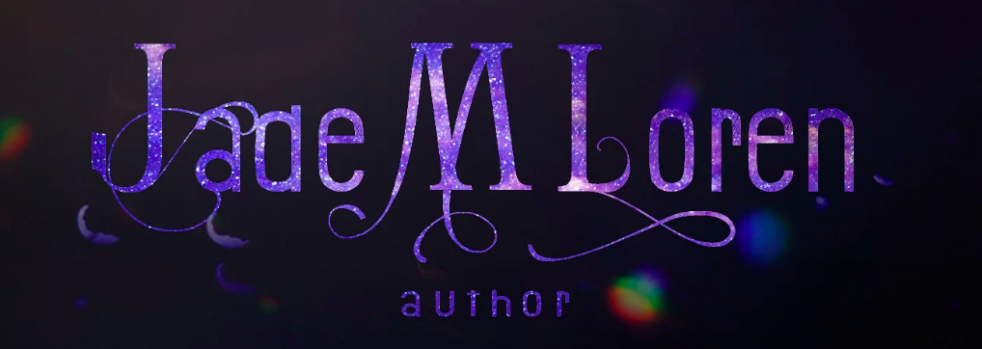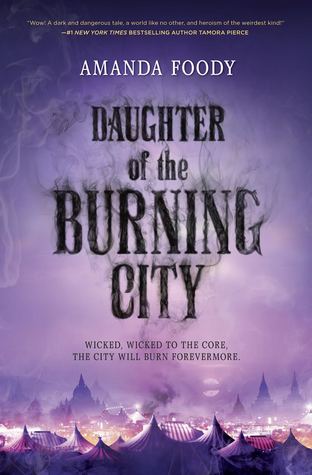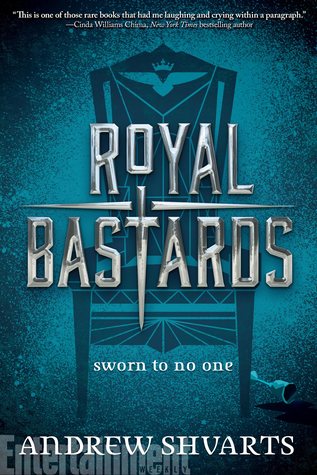On Writing: 5 Things You Need When Starting A Chapter
I recently ran a poll on Twitter and asked what day people might like the writing advice posted – “Just post them please!” won the vote, closely followed by Thurs and Friday, so – here I am posting! The first thing I want to discuss in this craft series is starting chapters. But I must say, writing and craft advice is not uniquely mine. There are plenty of resources, posts, and books which might crossover with the advice I give.
The difference is… it’s my point of view, and my way of putting things. Who knows, maybe I’ll pick up on something else? XD If you want to learn what I’ve learned from writing my own books and editing others’, keep reading!
So imagine your blurb interested a reader or an agent, they picked up your book, and now they’re going to devour it. Last thing you want is for them to be confused as they read through and end up throwing it at the wall.
The more manuscripts I’ve read, the more I’ve realised there are 5 things readers expect when starting a new chapter:
- POV.
- Space.
- Mood.
- Time.
- Wants.
It may seem obvious that’s the case. But over the last year or two of editing both indie and potentially-traditionally published novels, I’ve come across multiple manuscripts which don’t set-up their chapters with all, sometimes any, of the above. There’s literally nothing apart from someone walking into an office, or reflecting on information they received in the last scene, with no perspective on what we as a reader are supposed to be experiencing right now until Annie comes in with a coffee on page 5.
It can take only a few words to a sentence to help ground your readers and push the story along, but it’s obvious when these things are omitted. My personal mantra is that readers love asking “what’s going to happen next?!” rather than “what tf is going on?”.
You don’t want to unintentionally frustrate your audience. It could cause them to stop reading for a while, or simply DNF and pick up something else entirely.
So it might be handy to have a checklist, or just to run through when you’re revising, that you’ve covered all if not most of these when you’re beginning a new chapter (or even a scene, tbh, but let’s go with chapter for now!)
1. Whose POV are we in?
There have been several instances where I’ve gone into a client’s chapter and had about 3 pages of description, events and history, without knowing whose perspective we’re in til they talk to someone.
If you have named headers this isn’t too much of a problem, but whether you’re in first person or third, the voice should still include something either distinctive or personal to ground us in your character’s perspective, and allow us to experience this portion of the story squarely through their eyes.
It would be incredibly jarring to think we’re still in Jonathan’s head only to realise we’re in Catherine’s later on.
2. Where are we?
Readers need to know where they are in a story, or else it can be disorientating. For example, if we were in a bell tower at the end of the last chapter, and the next continues as though nothing’s changed with no description of the place (white room issues, but I might touch on that in future), then readers could presume we’re still in the bell tower, until suddenly Catherine stops in front of a cafe on the blinding streets of Paris.
Describing the look of a place adds to feeling, the POV, and the mood. It can also allude to how much time’s passed, so you can encompass a LOT just by grounding the chapter in a location.
Does describing place have to be pages long? Nope. Does it sometimes suck to spend hours thinking of a prettier word for “blue”? Yes. But if you create that grounding sense of ‘in the hotel room’, ‘in her car’, or ‘in front of the seven gates of hell’, we’ll at least have something to go off.
3. What’s the atmosphere? How are readers supposed to feel?
Reading should create a feeling. Whether that’s intentional frustration, shock, absolute cute-and-fluffies for the characters, it’s all up to you. But discovering the mood through action or dialogue of the characters will heighten this. For instance, you’ve established place, setting and POV – Catherine’s POV in the press office of her job at noon the next day, for example.
“This is horseshit.” Gerry threw the newspaper on to the oak desk in front of him. A dozen pairs of eyes glanced between each other, as if daring someone to speak. Catherine kept her hands on her lap, fingers curled into the hem of her shirt.
Hopefully, from this very quick example, you get the fact that not only is Gerry someone they fear, but there’s anxiety there – anticipation of what he might do next. Concern, even, that speaking out of turn will get them shot down.
You can do it with anything — romance, horror, comedy, but as long as we know the surrounding atmosphere and how the character’s reacting to it, it’ll spark an emotion from the reader and hopefully invite them to carry on.
4. How much time has passed since the last chapter?
This not only serves to progress the plot, but also orient readers again. Some chapters may have one continuous action, from ending on a “Behind you!” and starting the next chapter with the big reveal, to leaving the ending on a poignant moment and starting when the character’s had time to reflect, or rest, or travel to that important place.
We need to know if the character has had time to come to terms with what’s just happened to them or what they’ve learned or whether they’re still in the thick of the action. If you have a time limit, as well, such as “Must stop bomb before it goes off in 24 hours”, it’s handy to know just how close our characters are to the wire.
It’s also helpful if you’re doing some sort of travelling fantasy, where they have to walk a long time to get to the next plot poi… I mean, the next big adventure. Or if you have a non-linear timeline, or a historical and modern switching scenes. Timing is good.
5. What does the character want?
This easily ties in with point 3 on atmosphere, but it’s basically what the character is wanting, and what they’re doing at the start which might accomplish that want. Writing a letter to someone? Coming home soaking wet after a long day? Looking at their watch cause their date hasn’t turned up yet?
Wants can change through the course of the chaptre, sure. But all the above really boils down to this – we have a good idea of where we’re heading if we see the character doing something, or what their intention is. Are they off to meet someone fresh and fancy, are they struggling to function at work after drinking a liquor store the night before?
Using the example in point 3, it could be that Catherine wants to talk to her boss about an article she wants to write, but he’s in such a bad mood she’s terrified to do it in this seriously bad, very-not-ideal moment. And on seeing him in a temper, she decides to delay her question — or even go ahead and complete the article without his green light.
Establishing a want can take up to a page sometimes, that’s fine. You can spend more time on your character. But when readers don’t really know the point of a character’s actions, they’ll likely be confused, or worse; Just… not care.
With all this in mind, it might seem overwhelming or a daunting task to fulfil them all, but I’d encourage you to go and read some of your favourite books. See how they incorporate those five elements over the course of the first or second pages of that chapter. Do you recognise which elements have been fulfilled? Did they combine some into a single sentence, even?
Sometimes a few, and not all, are necessary to start a chapter but you’ll be on much better footing if you can incorporate most of them.
I also want to say, this advice isn’t something I’ve read in a book and it’s NOT a rule! It’s a very soft guideline that you are welcome to follow if you want some grounding for how to start chapters in your writing day. Because let’s be honest – starting is the hardest part.
Have a manuscript you’d like editing? Find out more about my services at Cover to Cover Edits















 Since I was teeny tiny I have been writing stories. I just never knew what to do with them. I lived in a time before internet (I KNOW) and my outlet was books, but without the internet I never really thought about the publishing process.
Since I was teeny tiny I have been writing stories. I just never knew what to do with them. I lived in a time before internet (I KNOW) and my outlet was books, but without the internet I never really thought about the publishing process.


















